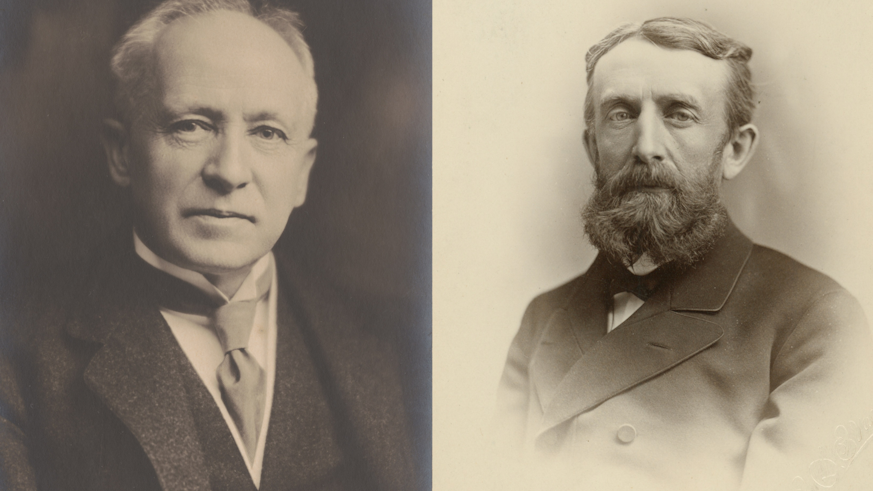War on Witchcraft – how historians see the present in the past
1 July 2021

Cardiff early modern historian looks at how earlier generations of witchcraft historians sought to make witchcraft itself a thing of the past in the latest Elements in Magic series
In his War on Witchcraft, part of the Elements in Magic series, Dr Jan Machielsen takes a fresh look at the history of his own research subject, recovering the importance of earlier retellings of the story of witchcraft and demonstrating their influence today.
Historians of the early modern witch-hunt often begin histories of their field with the 1920s theories of Margaret Murray and Montague Summers, overlooking the lasting impact of nineteenth-century scholarship and its challenge of ‘unreason’.
Machielsen, whose Not Just The Tudors podcast on werewolves recently made Spotify’s list of “Best Podcasts of the Week”, looks to earlier scholars, exploring the contributions by American historians Andrew Dickson White (1832-1918) and George Lincoln Burr (1857-1938).
Study of their work and scholarly personae contributes to our understanding of the deeply embedded popular understanding of the witch-hunt as representing an irrational past in opposition to an enlightened present.
He expands: “The men's relationship with each other, and with witchcraft sceptics - the heroes of their studies - demonstrates how their writings were part of a larger war against 'unreason', which they themselves were fighting. This Element thus lays bare the ways scholarly masculinity helped shape witchcraft historiography, a field of study often seen as dominated by feminist scholarship.”
Dr Jan Machielsen is Senior Lecturer in Early Modern History at Cardiff. Now working on his next book, last year he edited The Science of Demons: Early Modern Authors Facing Witchcraft and the Devil, an homage to two seminal works on early modern demonology featuring 19 international experts.
War on Witchcraft is part of the Elements in Magic Series, published by Cambridge University Press.